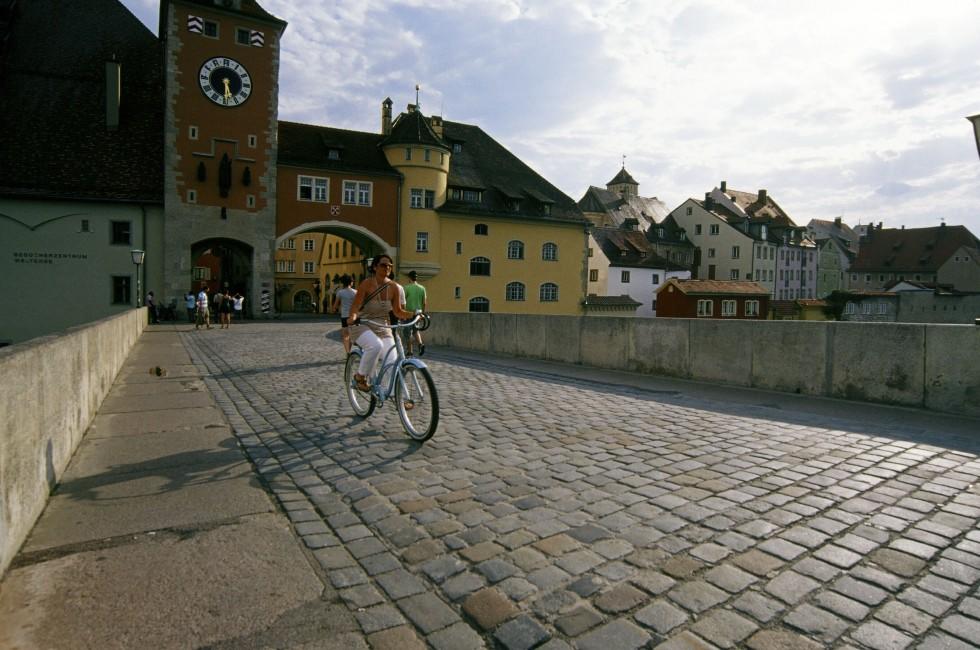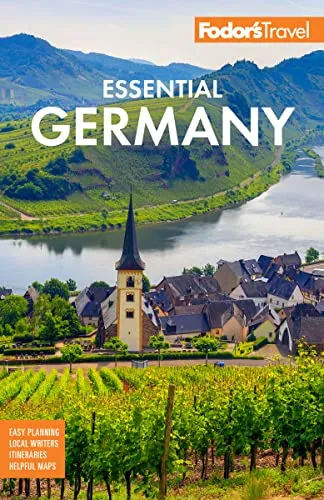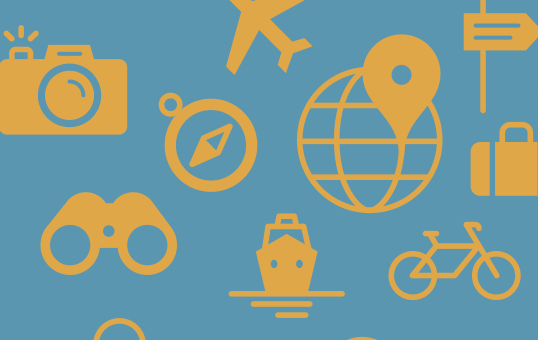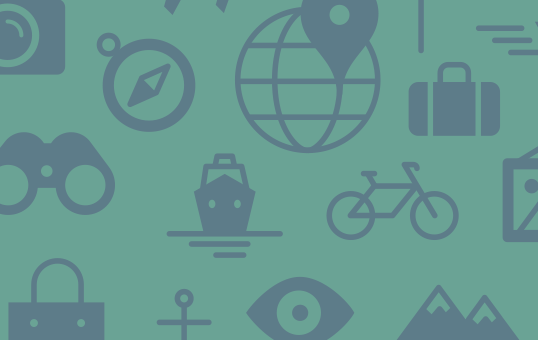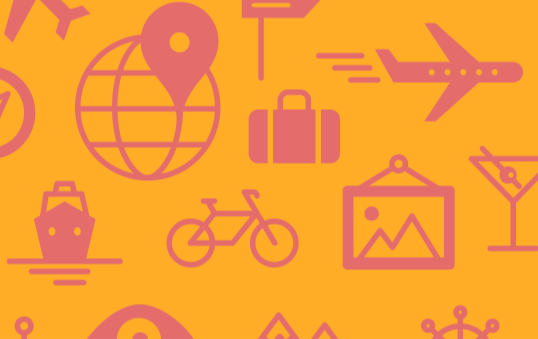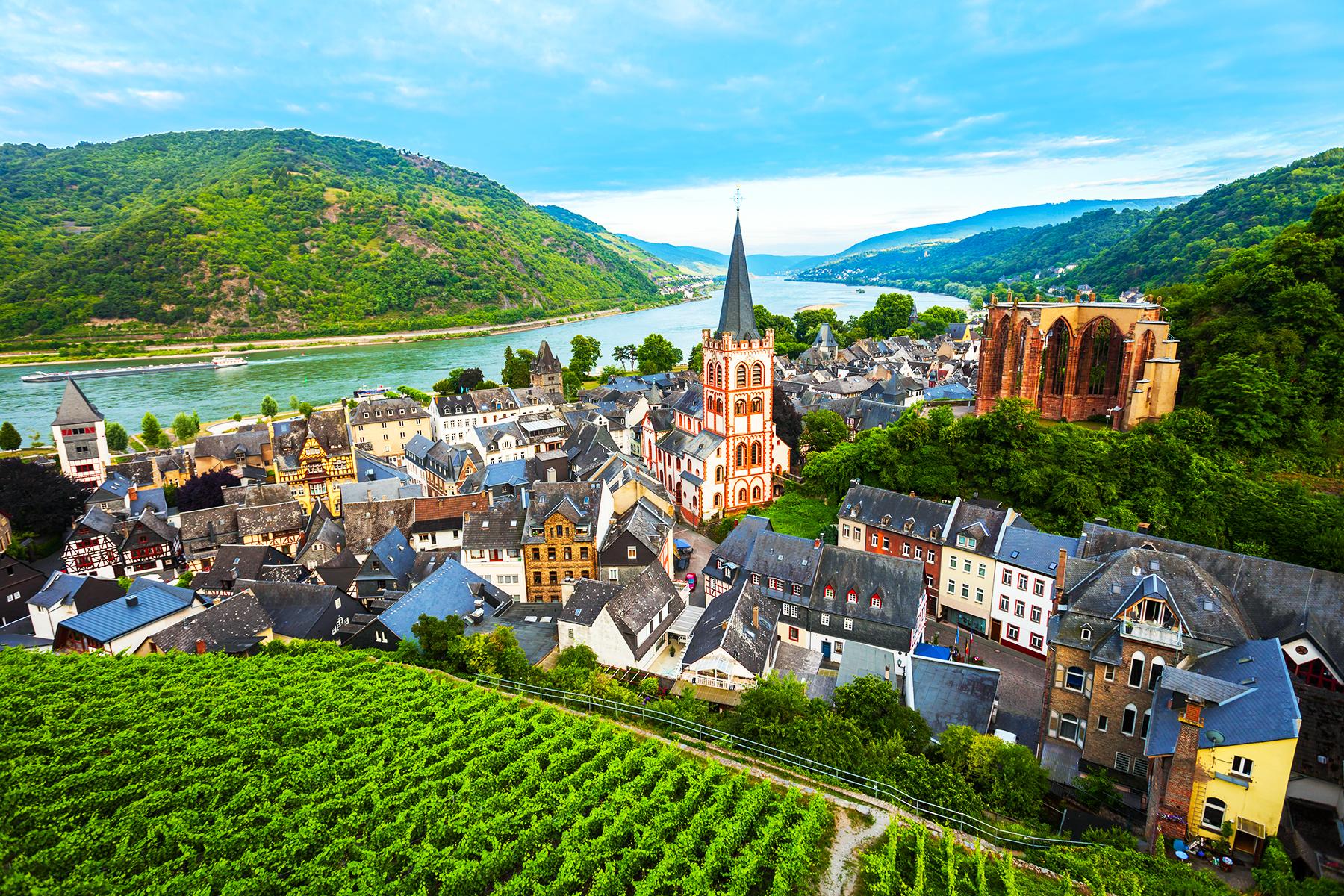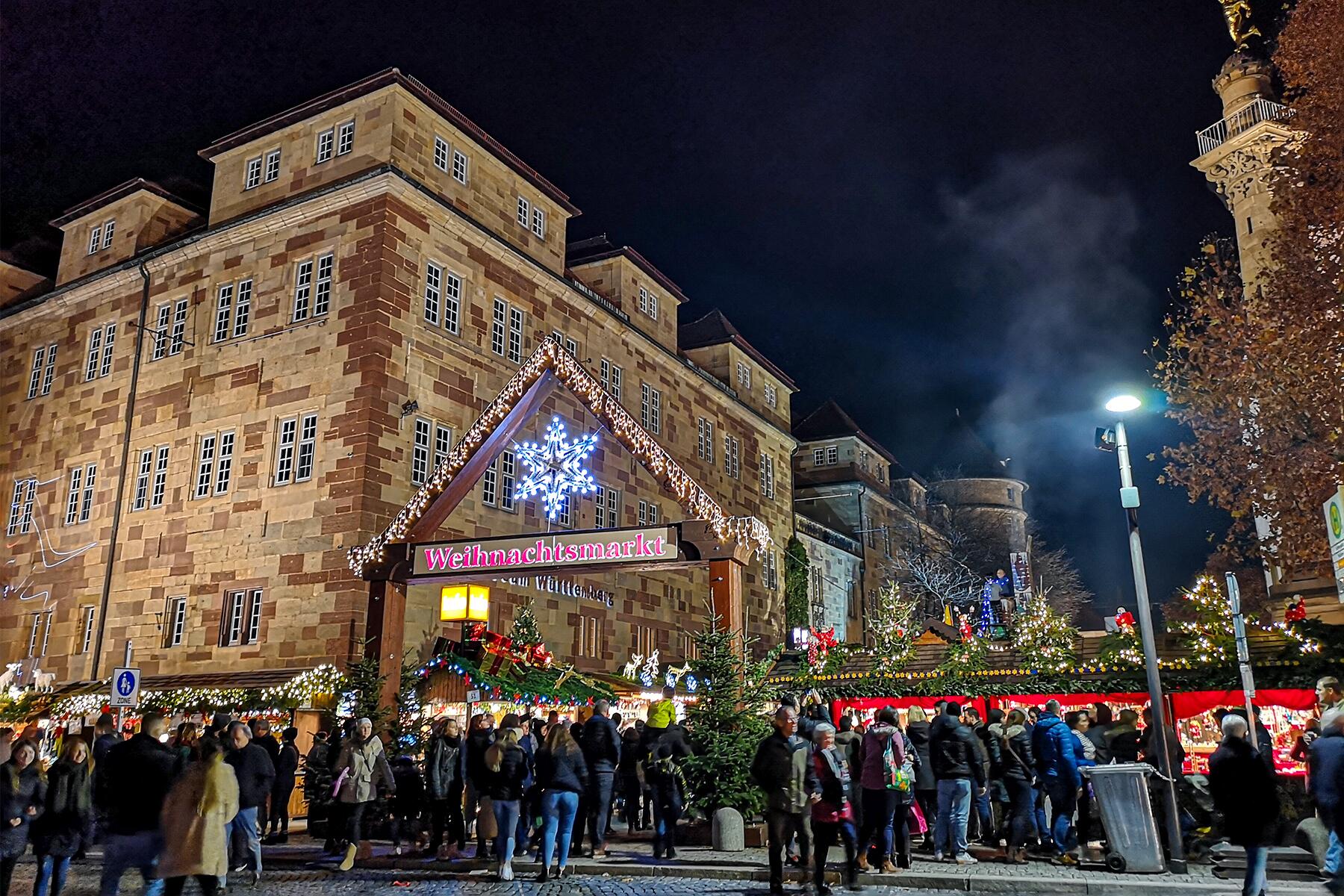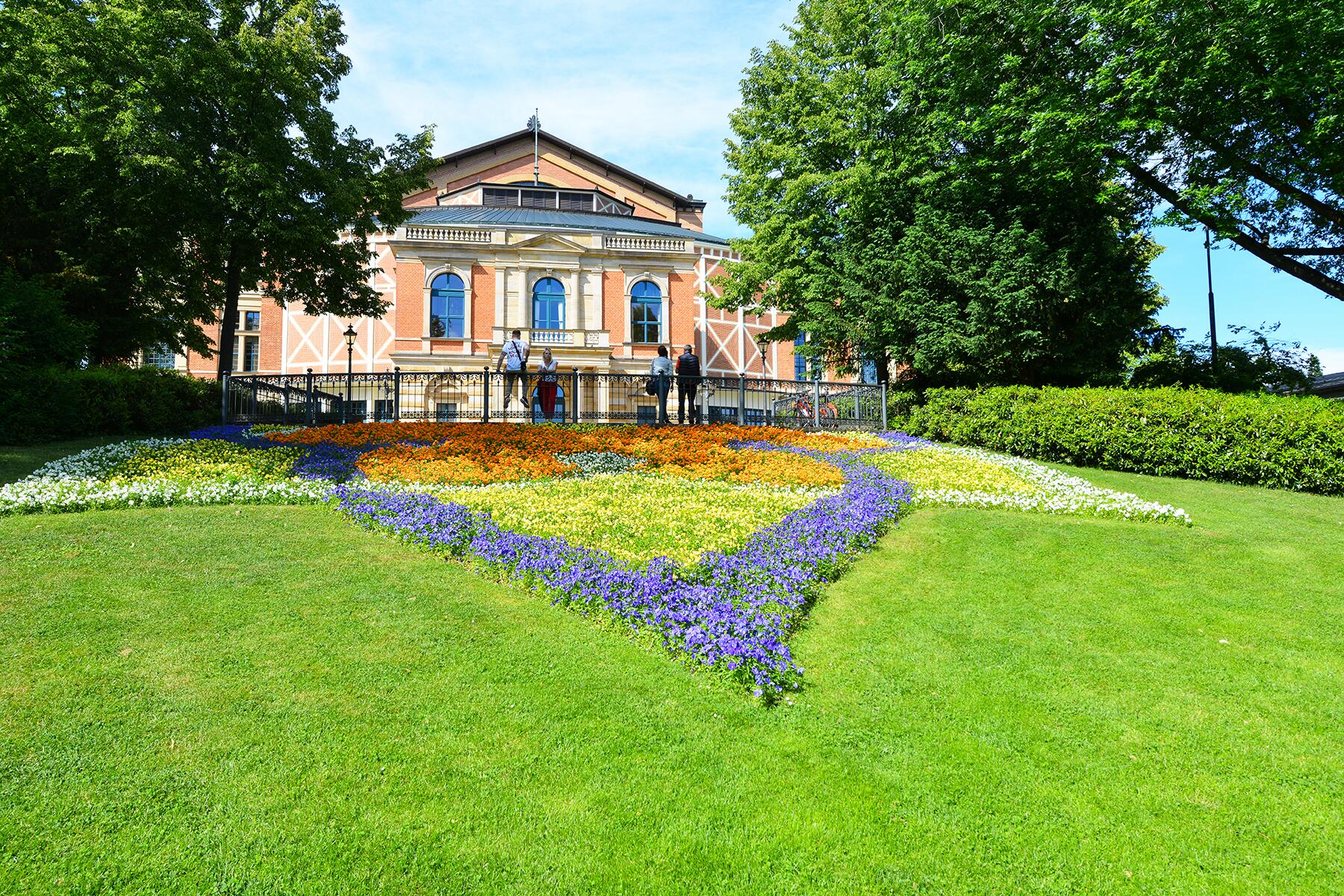Franconia and the German Danube
Franconia and the German Danube
All that is left of the huge, ancient kingdom of the Franks is the region known today as Franken (Franconia), stretching from the Bohemian Forest on the Czech border to the outskirts of Frankfurt. The Franks were not only tough warriors but also hard workers, sharp tradespeople, and burghers with a good political nose. The word frank means bold, wild, and courageous in the old Frankish tongue. It was only in the early 19th century, following Napoléon's conquest of what is now southern Germany, that the area was incorporated into northern Bavaria.
Although more closely related to Thuringia, this historic homeland of the Franks, one of the oldest Germanic peoples, is now begrudgingly part of Bavaria. Franconian towns such as Bayreuth, Coburg, and Bamberg are practically place...
Read MoreAll that is left of the huge, ancient kingdom of the Franks is the region known today as Franken (Franconia), stretching from the Bohemian Forest on the Czech border to the outskirts of Frankfurt. The Franks were not only tough warriors but also hard workers, sharp tradespeople, and burghers with a good political nose. The word frank means bold, wild, and courageous in the old Frankish tongue. It was only in the early 19th century, following Napoléon's conquest of what is now southern Germany, that the area was incorporated into northern Bavaria.
Although more closely related to Thuringia, this historic homeland of the Franks, one of the oldest Germanic peoples, is now begrudgingly part of Bavaria. Franconian towns such as Bayreuth, Coburg, and Bamberg are practically places of cultural pilgrimage. Rebuilt Nürnberg (Nuremberg in English) is the epitome of German medieval beauty, though its name recalls both the Third Reich's huge rallies at the Zeppelin Field and its henchmen's trials held in the city between 1945 and 1950.
Franconia is hardly an overrun tourist destination, yet its long and rich history, its landscapes and leisure activities (including skiing, golfing, hiking, and cycling), and its gastronomic specialties place it high on the enjoyment scale. Franconia is especially famous for its wine and for the fact that it's home to more than half of Germany’s breweries.
Recommended Fodor’s Video
Hotels
Things to Do
Things to Do
Explore Things to Do
Find the perfect tours and activities in Franconia and the German Danube.
Where to Eat
Where to Eat
Need to Know
Need to Know
Language
GermanNearby Airports
NUEElectrical Outlets
220–240v/50 cycles; plugs have two round prongsCurrency
EuroLanguage
GermanElectrical Outlets
220–240v/50 cycles; plugs have two round prongsCurrency
EuroNearby Airports
NUEWhen to Go
Summer is the best time to explore Franconia, though spring and fall are also fine when the weather cooperates. Avoid the cold and wet months...Read More
Neighborhood Guides
Discover the best neighborhoods in Franconia and the German Danube with curated recommendations from our editors.
essentials
transportation
resources
When to Go
Summer is the best time to explore Franconia, though spring and fall are also fine when the weather cooperates. Avoid the cold and wet months...Read More
Neighborhood Guides
Discover the best neighborhoods in Franconia and the German Danube with curated recommendations from our editors.
When to Go
Summer is the best time to explore Franconia, though spring and fall are also fine when the weather cooperates. Avoid the cold and wet months...Read More
Neighborhood Guides
Discover the best neighborhoods in Franconia and the German Danube with curated recommendations from our editors.
essentials
transportation
resources
Articles
Articles See All
Guidebooks
Guidebooks
Our worldwide travel correspondents bring you the best and most up-to-date coverage of over 7,500 global destinations.
Shop NowFodor's Essential Germany
Whether you want to take a boat down the Rhine, go to Oktoberfest in Munich, or explore...
